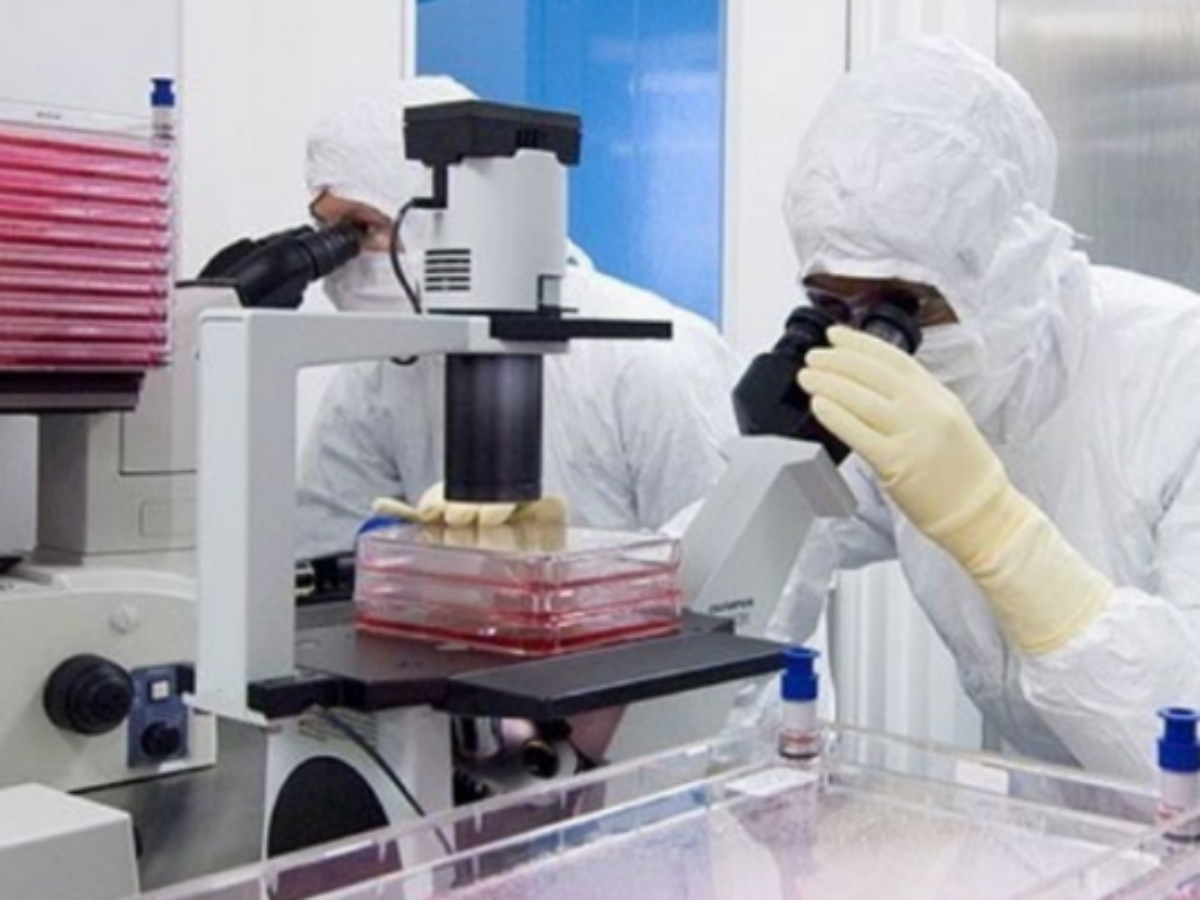Mesoblast drug gets approval from FDA, but shares drop

Pharmaceutical developer Mesoblast's Revascor (rexlemestrocel-L) drug for children with hypoplastic left heart syndrome (HLHS) has been granted Regenerative Medicine Advanced Therapy designation by the US Food and Drug Administration (FDA).
Earlier this year FDA granted REVASCOR both Rare Pediatric Disease Designation (RPDD) and Orphan-Drug Designation (ODD) for congenital heart disease, acknoeledging that the disrase is serious and untreated and speeding up the research and registration process.
The new designation follows submission of results from a randomised controlled trial in children with hypoplastic left heart syndrome (HLHS), a potentially life threatening congenital heart condition.
Mesoblast Chief Executive Silviu Itescu said: “We appreciate FDA’s support in designating Revascor both RMAT and RPD status, a recognition of the potential impact of our therapy on the long-term adverse outcomes of these desperately ill children.
“Under the RMAT designation, we plan to meet with FDA to discuss a potential approval pathway in this indication.”
On further FDA approval Mesoblast may be eligible to receive a Priority Review Voucher (PRV) that can be redeemed for any subsequent marketing application or may be sold or transferred to a third party.
Results from a blinded, randomised, placebo-controlled prospective trial of REVASCOR conducted in the United States in children with HLHS were published in the December 2023 issue of the peer reviewed The Journal of Thoracic and Cardiovascular Surgery Open (JTCVS Open).
In the HLHS trial conducted in 19 children, a single intramyocardial administration of Revascor at the time of staged surgery resulted in the desired outcome of significantly larger increases in left ventricular (LV) end-systolic and end-diastolic volumes over 12 months compared with controls as measured by 3D echocardiography.
However, shares in Mesoblast fell on the ASX yesterday after the announcement by nine cents or 5.1 percent to close at $1.67.
Picture: Mesoblast
@aumanufacturing Sections
Analysis and Commentary Awards casino reviews Defence Gambling Manufacturing News Online Casino Podcast Technology Videos





